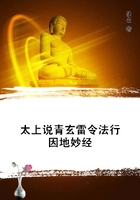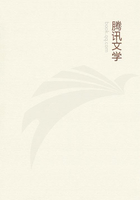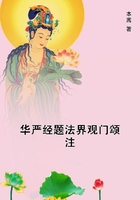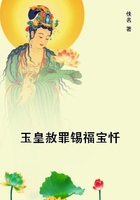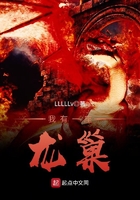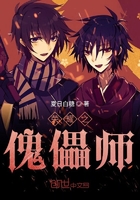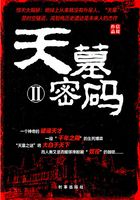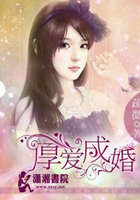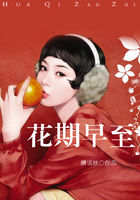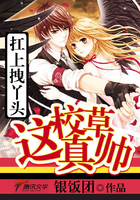The education given to women in the upper classes was essentially the same as that given to men.The Italian, at the time of the Renaissance, felt no scruple in putting sons and daughters alike under the same course of literary and even philological instruction.Indeed, looking at this ancient culture as the chief treasure of life, he was glad that his girls should have a share in it.We have seen what perfection was attained by the daughters of princely houses in writing and speaking Latin.Many others must at least have been able to read it, in order to follow the conversation of the day, which turned largely on classical subjects.An active interest was taken by many in Italian poetry, in which, whether prepared or improvised, a large number of Italian women, from the time of the Venetian Cassandra Fedele onwards (about the close of the fifteenth century), made themselves famous.One, indeed, Vittoria Colonna, may be called immortal.If any proof were needed of the assertion made above, it would be found in the manly tone of this poetry.Even the love-sonnets and religious poems are so precise and definite in their character, and so far removed from the tender twilight of sentiment, and from all the dilettantism which we commonly find in the poetry of women, that we should not hesitate to attribute them to male authors, if we had not clear external evidence to prove the contrary.
For, with education, the individuality of women in the upper classes was developed in the same way as that of men.Till the time of the Reformation, the personality of women out of Italy, even of the highest rank, comes forward but little.Exceptions like Isabella of Bavaria, Margaret of Anjou, and Isabella of Castile, are the forced result of very unusual circumstances.In Italy, throughout the whole of the fifteenth century, the wives of the rulers, and still more those of the Condottieri, have nearly all a distinct, recognizable personality, and take their share of notoriety and glory.To these came gradually to be added a crowd of famous women of the most varied kind; among them those whose distinction consisted in the fact that their beauty, disposition, education, virtue, and piety, combined to render them harmonious human beings.There was no question of 'woman's rights' or female emancipation, simply because the thing itself was a matter of course.
The educated woman, no less than the man, strove naturally after a characteristic and complete individuality.The same intellectual and emotional development which perfected the man, was demanded for the perfection of the woman.Active literary world, nevertheless, was not expected from her, and if she were a poet, some powerful utterance of feeling, rather than the confidences of the novel or the diary, was looked for.These women had no thought of the public; their function was to influence distinguished men, and to moderate male impulse and caprice.
The highest praise which could then be given to the great Italian women was that they had the mind and the courage of men.We have only to observe the thoroughly manly bearing of most of the women in the heroic poems, especially those of Boiardo and Ariosto, to convince ourselves that we have before us the ideal of the time.The title 'virago,' which is an equivocal compliment in the present day, then implied nothing but praise.It was borne in all its glory by Caterina Sforza, wife and afterwards widow of Girolamo Riario, whose hereditary possession, Forli, she gallantly defended first against his murderers, and then against Cesare Borgia.Though finally vanquished, she retained the admiration of her countrymen and the title 'prima donna d'Italia.' This heroic vein can be detected in many of the women of the Renaissance, though none found the same opportunity of showing their heroism to the world.In Isabella Gonzaga this type is clearly recognizable.
Women of this stamp could listen to novels like those of Bandello, without social intercourse suffering from it.The ruling genius of society was not, as now, womanhood, or the respect for certain presuppositions, mysteries, and susceptibilities, but the consciousness of energy, of beauty, and of a social state full of danger and opportunity.And for this reason we find, side by side with the most measured and polished social forms, something our age would call immodesty, forgetting that by which it was corrected and counter-balanced-- the powerful characters of the women who were exposed to it.
That in all the dialogues and treatises together we can find no absolute evidence on these points is only natural, however freely the nature of love and the position and capacities of women were discussed.
What seems to have been wanting in this society were the young girls who, even when not brought up in the monasteries, were still carefully kept away from it.It is not easy to say whether their absence was the cause of the greater freedom of conversation, or whether they were removed on account of it.
Even the intercourse with courtesans seems to have assumed a more elevated character, reminding us of the position of the Hetairae in classical Athens.The famous Roman courtesan Imperia was a woman of intelligence and culture, had learned from a certain Domenico Campana the art of making sonnets, and was not without musical accomplishments.

